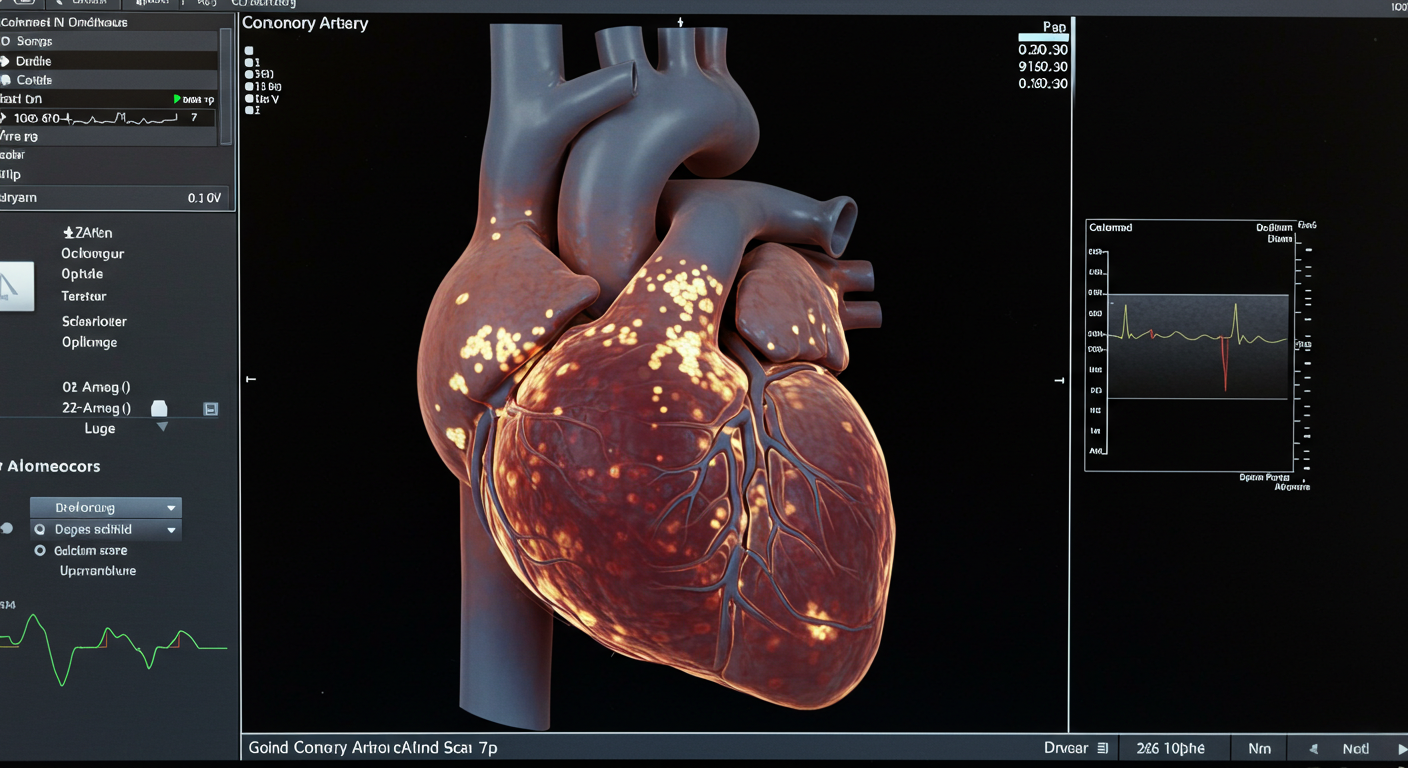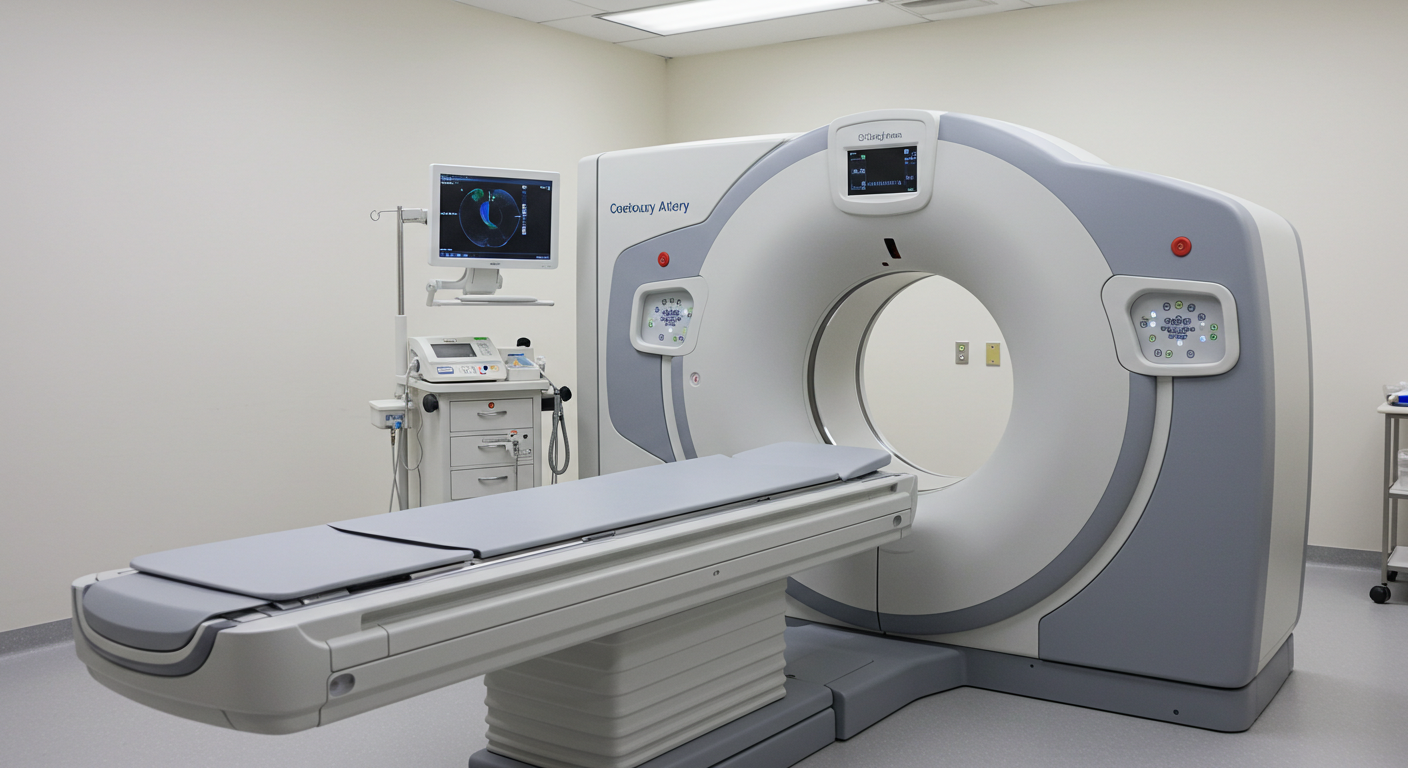Saturated and Trans Fats: What Does the Science Say?
Dr. Kumar’s Take:
A BMJ systematic review analyzed the relationship between dietary saturated and trans fats and their effects on health. The results challenge the traditional view that saturated fats are harmful, finding no clear link between saturated fat intake and heart disease, stroke, or type 2 diabetes. However, industrial trans fats were strongly associated with increased mortality and heart disease. The takeaway? While the war on saturated fat may be misguided, avoiding industrial trans fats remains a smart choice.











